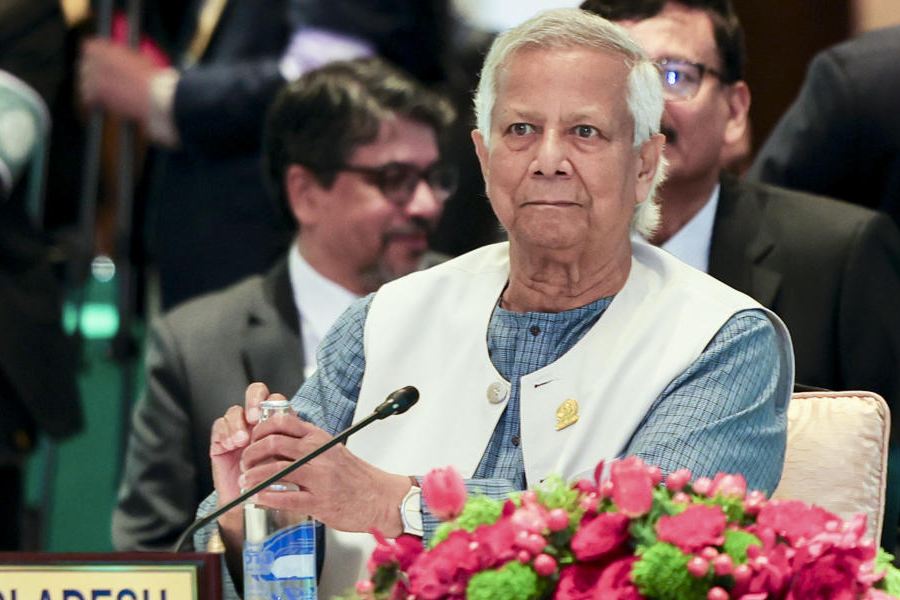A Booker Prize winning writer, while dedicating her only novel, thanked her mother for letting her go. Letting go might sound very simple but it is actually tough in practice. There are many examples of parents who fail to do this and continue to run the lives of their children even when the latter have grown up. In politics and public life, letting go of power and position is rare. Hence, the significance of someone like Mohandas Karamchand Gandhi and Ms Sonia Gandhi in Indian politics and public life. But other kinds of example are more common. In West Bengal, there is the bizarre instance of Mr Jyoti Basu, who held the most important job in the state for over two decades but has failed to retire from public life and limelight. This comment has nothing to do with Mr Basu’s continuing membership of the highest body of his party, the Communist Party of India (Marxist). It has to do with his participation in public life and debate. The CPI(M) is a closed body and what Mr Basu has to say in politburo meetings is of no public consequence. But Mr Basu does not stop at that. He has to voice an opinion on as insignificant a matter as the election of the president of the Cricket Association of Bengal. This makes it clear that he is unable to let go of the lure of limelight and continues to harbour the illusion that he commands influence.
An equally bizarre example of the failure to let go is the career of Mr Jagmohan Dalmiya, who was recently forced to step down as the president of the CAB. It is a matter of record that Mr Dalmiya has held the most important official position in the world of cricket. He was the president of the International Cricket Council. He was also the president of the Board of Control for Cricket in India. Despite holding these posts, he is unable to let go of his position in the CAB. He knows he can no longer become the president, so he wants one of his yes men to be elected to the post. He certainly does not want the police commissioner of Calcutta, Mr Prasun Mukherjee, who was his rival in the last presidential election, to be elected. He is thus scouting around for a presidential candidate. It is clear that Mr Dalmiya wants to remain in control of the CAB. Since he cannot do so directly, he wants to do it through a remote.
It is difficult to pinpoint what exactly prevents men like Mr Basu and Mr Dalmiya from letting go of the positions of power and influence that they once held. Is it habit? Or is power an addiction that is impossible to abandon? Whatever be the reason, there is no denying that by their evident hankering for attention, influence and office, Mr Basu and Mr Dalmiya are not doing themselves any service. History would have been kinder to them if they had let go and stepped down with dignity.











